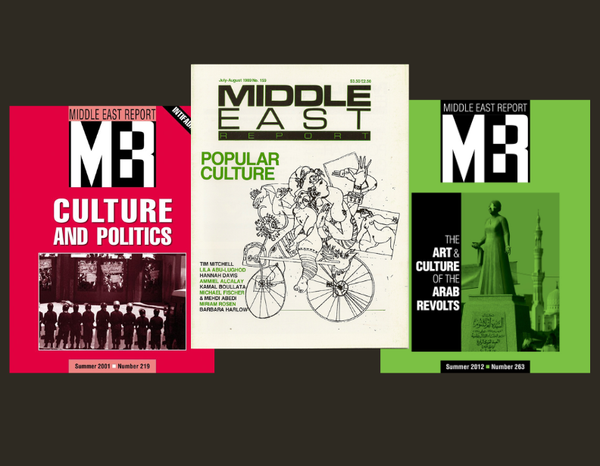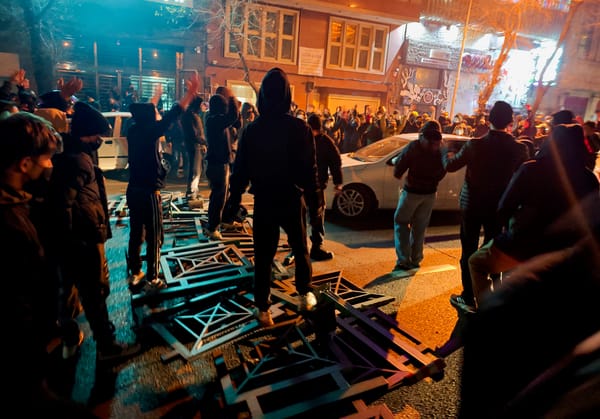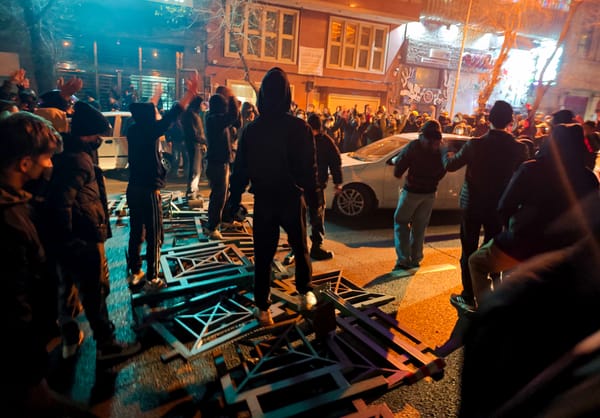Basri et al, Revision de la constitution marocaine 1992
Driss Basri, Michel Rousset and Georges Vedel, eds., Revision de la constitution marocaine 1992: analyses et commentaires (Imprimerie Royale, 1992).

Driss Basri, Michel Rousset and Georges Vedel, eds., Revision de la constitution marocaine 1992: analyses et commentaires (Imprimerie Royale, 1992).
Interested parties will not read Revision de la constitution marocaine 1992 for its critical perspective on Morocco’s September 4, 1992 constitutional referendum. Just the opposite: This anthology, loaded with contributions from French and Moroccan legal scholars as well as a handful of Moroccan ministers, should be read because it offers rich evidence of how intellectuals are being deployed to relegitimize King Hassan II’s regime in the eyes of Western aid-giving nations -- especially France -- in the wake of the disturbing revelations of systematic human rights abuse in Gilles Perrault’s book Notre ami le roi (Gallimard, 1990).
The first section, “Points de vue de specialistes francais,” consists of a roundtable discussion, first televised on Moroccan television, among four French legal scholars, and an in-depth interview with Jacques Robert, currently a member of France’s Constitutional Council. These two presentations repeatedly stress how the new constitutional revisions have more firmly laid the basis for a “state of law” in Morocco. Regarding human rights, the French specialists are pleased to note how the revised constitution integrates wording from the Universal Declaration of Human Rights of the UN General Assembly. This keen emphasis on textual similarities between the Universal Declaration (or at times the French constitution) and the revised Moroccan constitution brackets the less than exemplary history of legal practice in Morocco. So text-bound is the French experts’ discussion that the only “history” invoked is the previous constitutional texts.
The second section, by three well-known Moroccan scholars, even more explicitly stresses the human rights aspects of the new constitutional revisions. Said Ihrai, professor of public law at Muhammad V University in Rabat, is, like his companions, eager to place Morocco among the “family of nations” -- a phrase that evokes Morocco’s cooperation in the Gulf war.
The final section of ten Moroccan contributions takes on the daunting task of articulating the necessary coexistence of Morocco’s democratic modernity (i.e., the 1992 constitution) with its rich kingly heritage. Abdelkebir Alaoui M’Daghri’s “Le concept constitutionnel de la bei‘a en Islam” contends that bay‘a (allegiance of the people to the king) is a sacred act, validated within the pages of the Qur’an. Bay‘a serves both as the sacred base for the king’s power as “commander of the faithful” and as the constitutional expression of this power qua government. Thus Morocco can keep its own Islamic heritage within a constitutional framework whose inspiration is obviously Western. For Western governments, M’Daghri’s argument suggests that the expression of bay‘a is adaptable to new circumstances, giving Morocco the potential to be as “modern” as Western nations.
Revision succeeds at constructing an image of Morocco that is modern, humane and democratic. The Revision is more than propaganda for King Hassan II’s regime; it reflects back to Western readers a familiar universalized image-of-state. Yet, in attributing these universal values to Morocco’s new constitution, the scholar-intellectuals who have crafted the Revision literally paper over the bitter class conflicts which threaten real democratic reform in the country.








